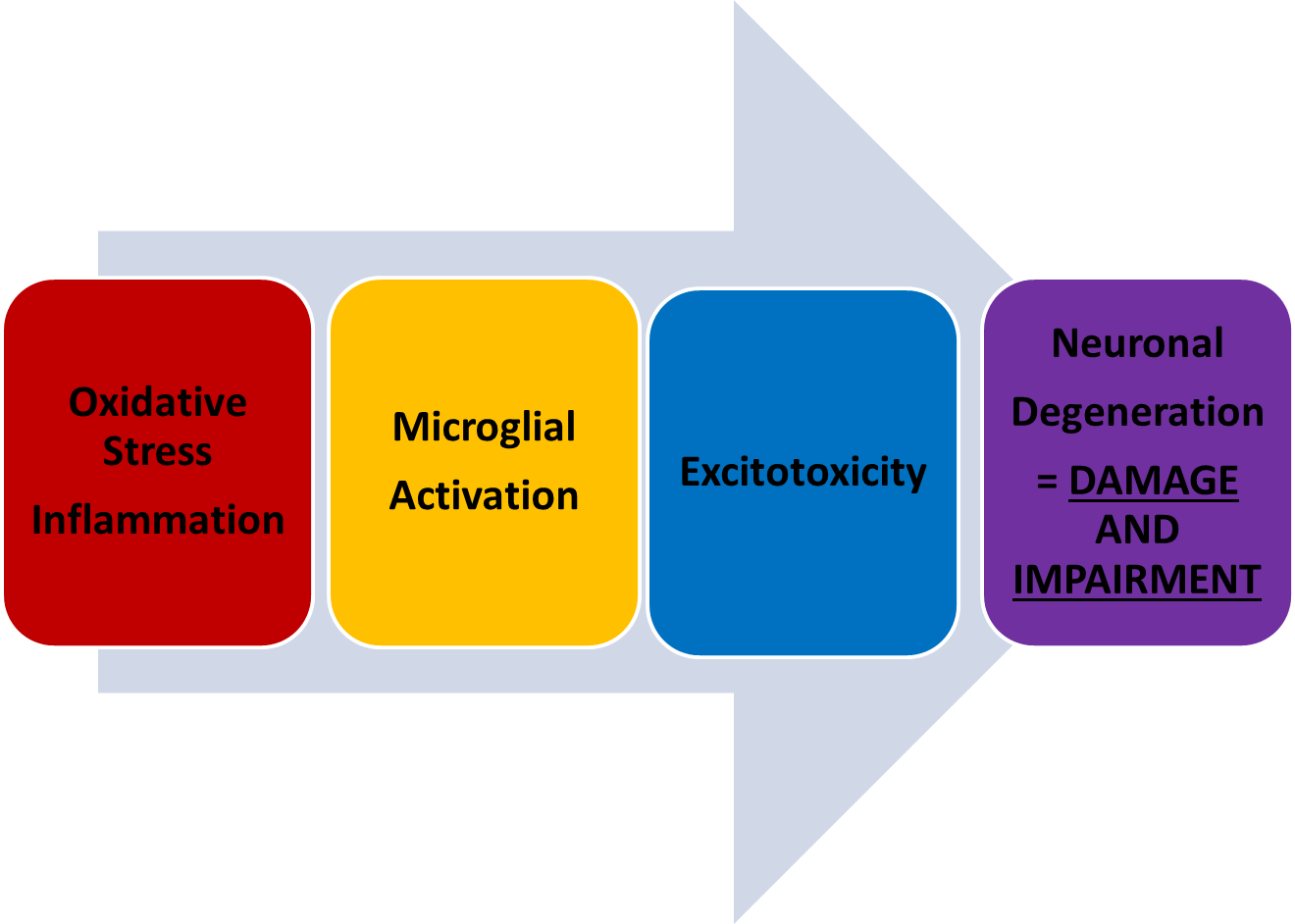If your loved one has autism spectrum disorder (ASD), you’re likely always on the lookout for anything that might make them more comfortable. Whether it’s a specialty diet, a new drug, or a new mode of social skills training, there are countless possibilities to explore. But few of these possibilities can address the root causes of autism, which aren’t fully understood by medical science. Furthermore, few therapies can address multiple dimensions of the disorder. However, research suggests treatments aimed at controlling inflammation in patients with ASD may help overcome both of these obstacles.
While the underlying cause is unclear, researchers have found that ASD is associated with higher-than-normal levels of inflammation in the brain and the gastrointestinal tract. A plethora of ASD symptoms—including behavioral symptoms like irritability and selective feeding—may be caused by this inflammation. This means that if patients with autism can reduce their body’s level of inflammation with the right nutritional supplement, a broad range of interconnected symptoms may improve. A variety of supplements may potentially help control inflammation, but there is one that is particularly promising for patients with autism: glutathione.
Glutathione supplementation is a compelling approach to autism therapy on account of its powerful and safe anti-inflammatory effects. However, glutathione isn’t an anti-inflammatory in the same way that over-the-counter drugs like ibuprofen are. All cells produce glutathione, making it a fully natural, biocompatible therapy that patients can use without the risk of experiencing serious side effects or negative reactions. Furthermore, glutathione affects different anti-inflammatory pathways within cells than over-the-counter drugs so, meaning that it can be used in conjunction with such drugs risk of dangerous drug interactions. More significantly, glutathione supplements bolster cells’ ability to protect themselves from things which cause inflammation in the first place, like oxidative stress, making it a particularly exciting treatment possibility.
Understanding the Need for Glutathione Supplementation
Oxidative stress occurs when cells are exposed to things that can damage DNA, like inhaled smoke or ultraviolet light. When the body encounters oxidative stress, glutathione molecules react with the molecules that are the sources of the stress, preventing them from adversely affecting cells. In the process, the glutathione itself is consumed. This means that the more oxidative stress a person experiences, the more glutathione their body will expend to protect them. In general, sources of oxidative stress are ubiquitous, and most exposure to oxidative stress has few negative consequences. Glutathione is also rapidly recycled, ensuring that there is always enough on hand to deflect potential damage. If, however, the body doesn’t have enough glutathione to protect itself, harm can occur.
When cells detect oxidative stress and are unprotected by glutathione, they cause inflammation. Patients with autism appear to have unusually high levels of oxidative stress in their brains as well as their gastrointestinal tract, which helps to explain why they experience so much inflammation in these areas. This additional oxidative stress isn’t connected to additional exposure from environmental factors; people with autism are no more likely to be exposed to UV light or cigarette smoke than anyone else. As such, researchers suspect that it may be caused by inefficient glutathione synthesis or recycling.
Indeed, studies have found that patients with autism have lower levels of free glutathione in their brains, which could explain the elevated levels of oxidative stress. It also means that their bodies are chronically dangerously short on its main tool to prevent future inflammation. While the mechanism causing this deficiency is unclear, researchers have found that it is feasible to replace the missing glutathione with a supplement, curbing inflammation and providing multiple benefits to the patient.











